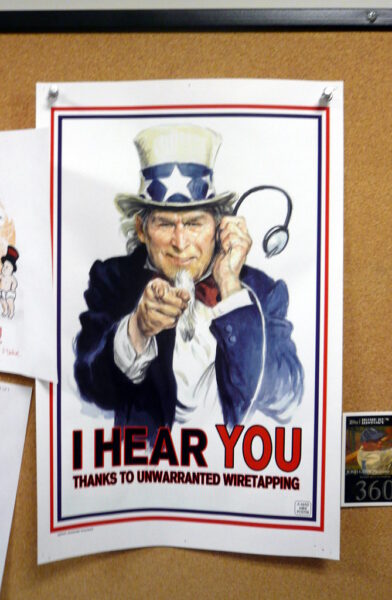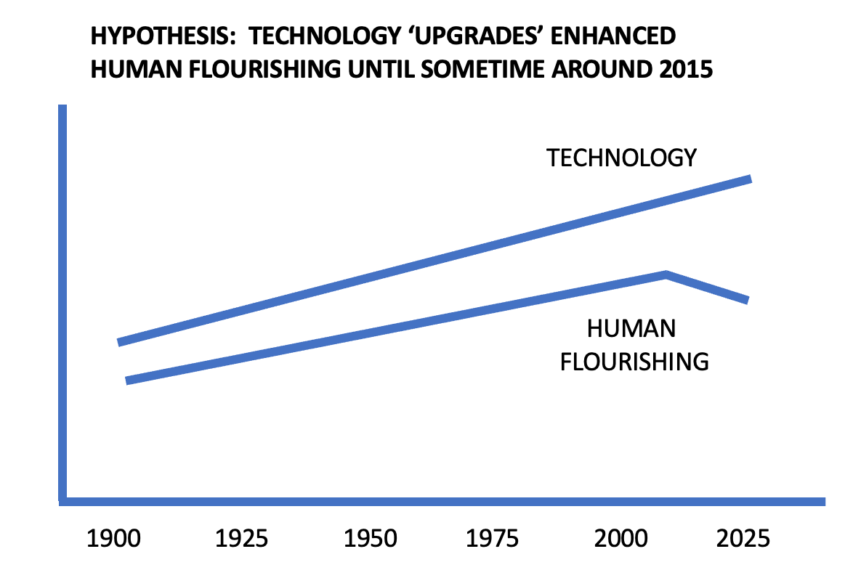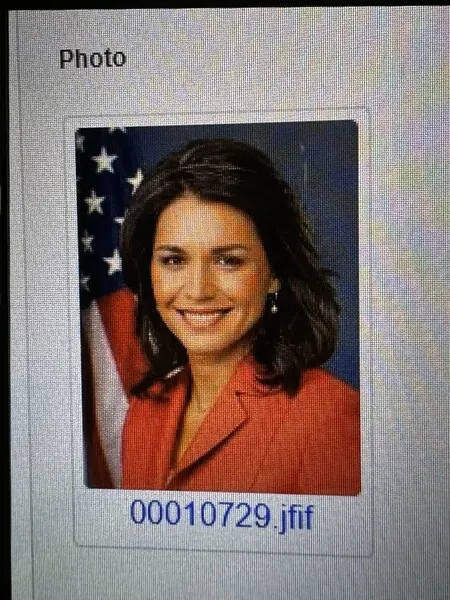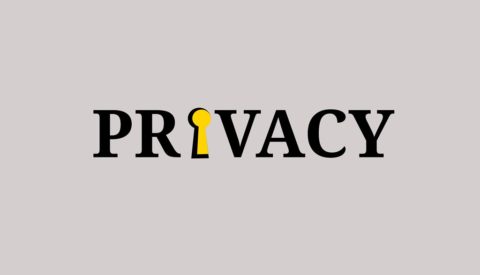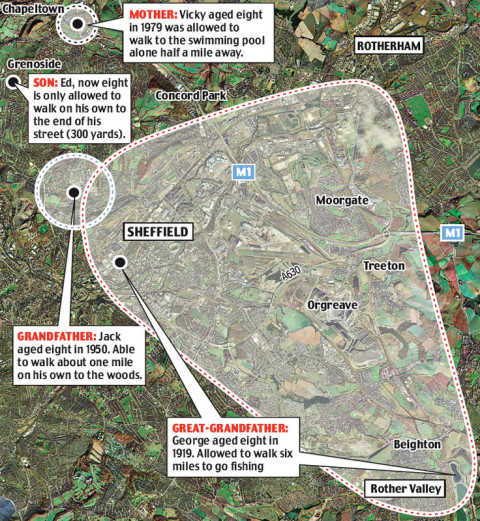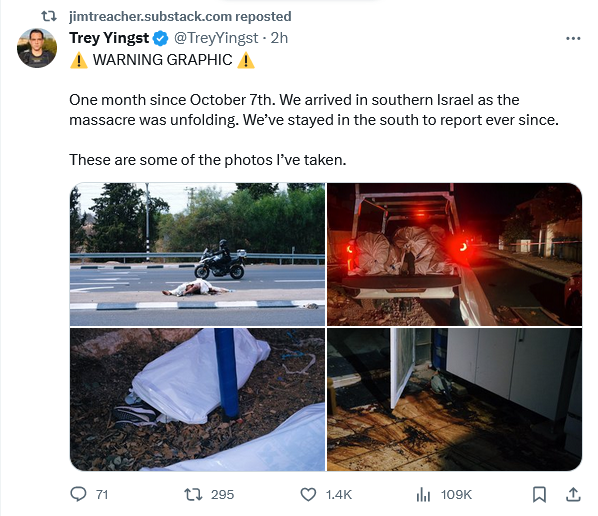Britain’s gun laws make Canada look like the wild west, yet the government still wants far greater control over objects that can be used as weapons. The conviction of the Southport murderer, who used a knife obtained through Amazon, seems to have given the British government under Kurt Stürmer Keir Starmer an excuse to crack down even further on any kind of device with a sharpened blade rather than the criminals who wield them:
“Time and again, as a child, the Southport murderer carried knives. Time and again, he showed clear intent to use them,” U.K. Prime Minister Keir Starmer wrote in a piece for The Sun about Axel Rudakubana, who admitted murdering three girls and injuring others at a Taylor Swift-themed dance class last year. “And yet tragically, he was still able to order the murder weapon off of the internet without any checks or barriers. A two-click killer. This cannot continue. The technology is there to set up age-verification checks, even for kitchen knives ordered online.”
What Starmer mentioned but glossed over is that Rudakubana was three times referred to a program intended to divert people from radicalization and terrorism before authorities lost interest in him. At the time of his arrest, he had a copy of an Al Qaeda training manual, which led him to being charged and sentenced for terrorism. He also possessed the deadly poison ricin that he’d manufactured himself in sufficient quantity to conduct a mass attack.
Rudakubana was a human bomb waiting to go off. But Starmer focused not on officials’ failure to pay attention, but on knives — edged tools that are among humans’ earliest and most important creations.
“Online retailers will be required to ask for two types of ID from anyone seeking to buy a knife under plans being considered by ministers to combat under-age sales after the Southport murders,” reports Charles Hymas of The Telegraph. “Buyers would have to submit an ID document to an online retailer and then record a live video or selfie to prove their age.”
It’s difficult to see how an ID check is going to stand between those planning mayhem and tools first crafted 2.6 million years ago in their most primitive form and still used by people every day. My dentist forges knives in his backyard for fun. One of my nephews turns files into knives on a grinding wheel. Scraping an appropriate material against a stone will give you an edge and a point. ID checks don’t seem like a barrier to people with bad intentions and the ability to make ricin in their bedrooms.
A Case History in Ridiculously Restrictive Policies
This is why the U.K. strikes many Americans as the reductio ad absurdum of policies that demonize objects rather than targeting bad actors. Opponents of authoritarian laws ask: What will the authorities do once they’ve made firearms difficult to legally acquire, and crime continues? Will they ban knives?
The answer from the U.K., which already has restrictive gun laws, is yes, they will ban knives — or at least impose access and carry restrictions and consider forbidding blades to have points. The result has been a black market in smuggled and illicitly manufactured firearms that will inevitably extend to knives. Harmless people are now arrested for having Swiss Army knives in car glove compartment or for possessing locking knives on the way home from jobs that require them. And the country’s crime problems continue to grow.
That’s bad enough, but U.K. authorities, like those elsewhere, also prefer to surveil the entire population to detect anything they could call a danger to public order, rather than focusing on specific individuals harming others.
“There are now said to be over 5.2 million CCTV cameras in the UK,” according to Politics.co.uk. “Surveillance footage forms a key component of UK crime prevention strategy,” but “the proliferation of CCTV in public places has fueled unease about the erosion of civil liberties and individual human rights, raising concerns of an Orwellian ‘big brother’ culture.”
The British government also monitors online activity to an extent that Edward Snowden deemed it “the most extreme surveillance in the history of western democracy.”
That surveillance turns up comments, jokes, and rants authorities just don’t like. “Think before you post,” the government warns people. “Content that incites violence or hatred isn’t just harmful – it can be illegal.” But the authorities enforce a broad definition of unacceptable material. People have been arrested for dressing as terrorists for Halloween, for making intemperate online remarks, and for just getting things wrong when posting on the internet (they’ll need a big paddy wagon for that one).




